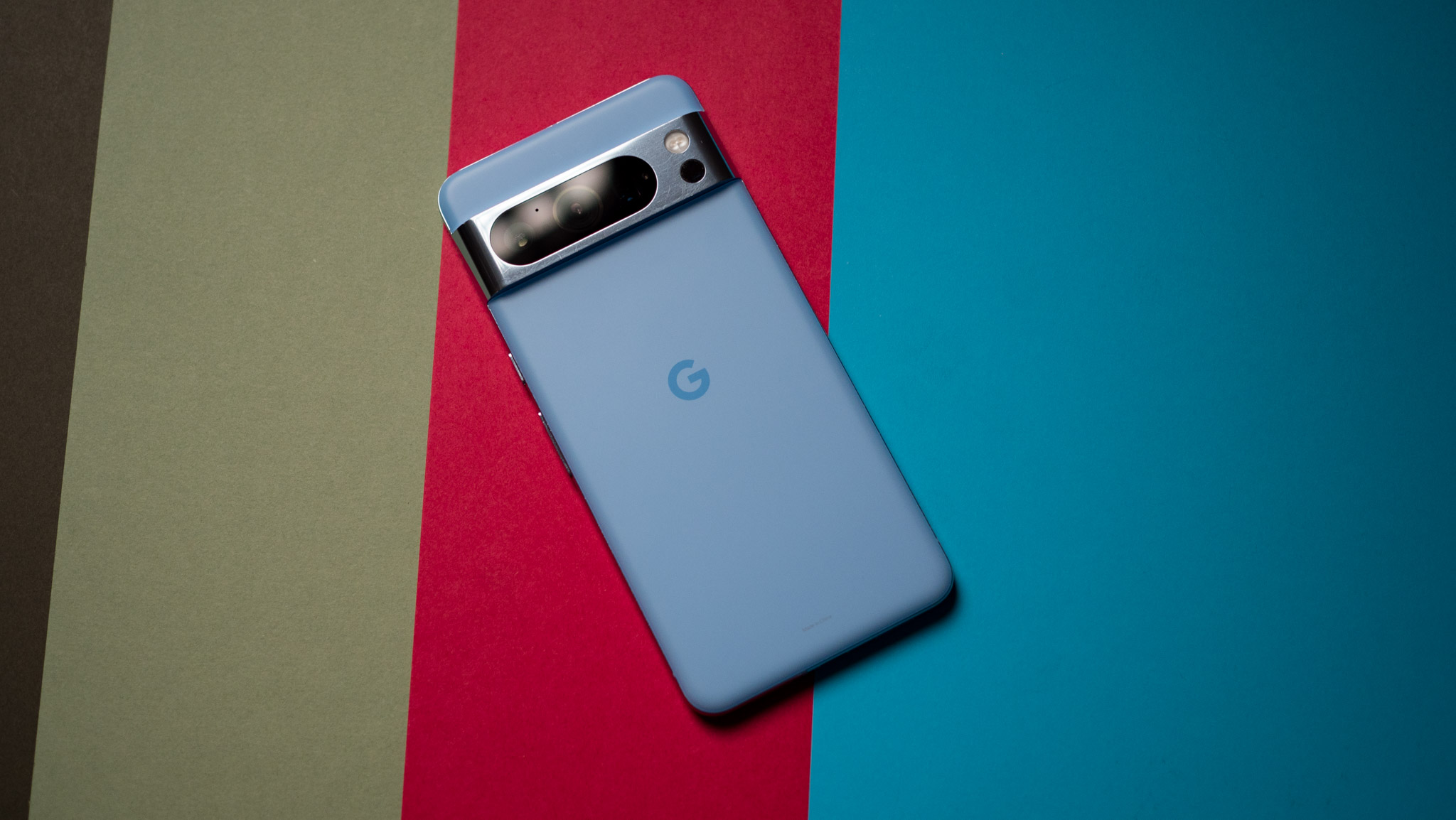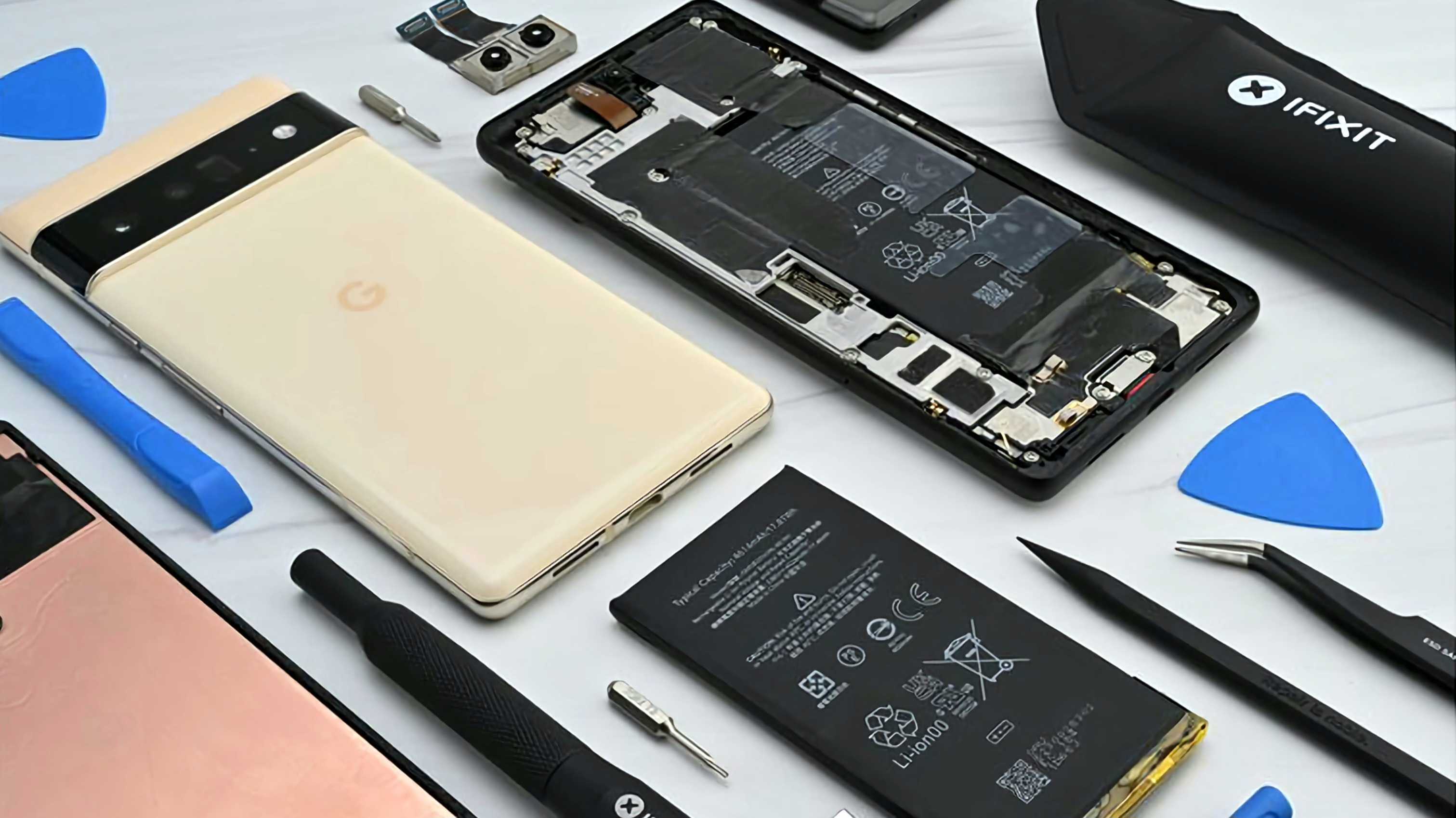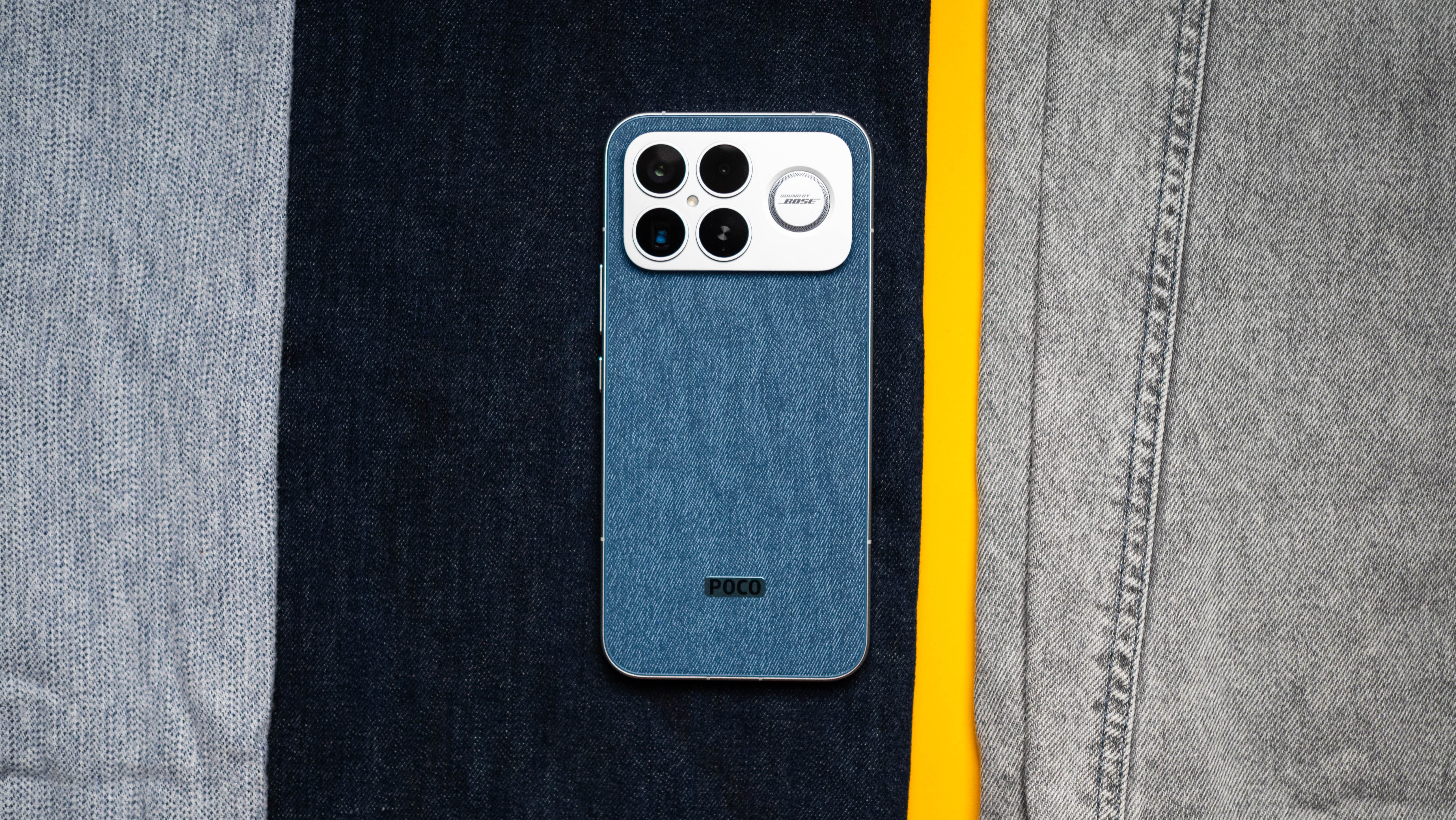Google supports right-to-repair bill but has some advice for lawmakers
The tech giant endorsed an Oregon right-to-repair bill but doesn't want to have to sell individual parts.

What you need to know
- Google officially expressed support for Oregon's right-to-repair bill, saying it "offers a compelling model for other states to follow."
- The company did, however, note that it believes OEMs should be allowed to sell "part assemblies" rather than individual components.
- Google also released a white paper on right-to-repair, and how legislation should be drawn up in the U.S.
Google has expanded its at-home repair offerings of late, recently making Pixel 8 and Pixel 8 Pro parts available to end users via iFixit. However, the company has taken its right-to-repair initiatives a step further, formally endorsing an Oregon right-to-repair bill in a blog post today.
"We're excited to reaffirm our support for the Right to Repair movement by releasing our first white paper on repair while endorsing proposed Oregon Right to Repair legislation that offers a compelling model for other states to follow," said Steven Nickel, Google's director of operations for devices and services, in the post.
The proposed legislation has been sponsored by Oregon state senator Janeen Sollman, who has been critical of Apple's previous efforts to scale back the bill. Google, by comparison, called the proposal "a common sense repair bill."
If Oregon's bill passes, the state would become the fourth in the U.S. to enact right-to-repair legislation. California, New York, and Minnesota all have right-to-repair laws in place already.

Alongside the public endorsement, Google released a white paper on right-to-repair legislation. It hopes to guide how right-to-repair laws are drawn up. And while Google publicly supports right-to-repair initiatives, it doesn't think OEMs should need to provide individual parts to end users.
"User safety should be a top priority," the company wrote in the paper. "Legislation should acknowledge the risks borne by unskilled repairers and allow original equipment manufacturers (OEM) to provide parts assemblies rather than individual components to reduce the risk of injury."
By "parts assemblies," the company is referring to sets of parts that are commonly needed in a repair. This could mean bundling a replacement back glass with a wireless charging coil or including new adhesives and waterproof seals with new displays.
Get the latest news from Android Central, your trusted companion in the world of Android
Along these lines, Google doesn't think it should have to offer parts to consumers that it doesn't officially repair. "Right to Repair regulation should focus on parts that are provided by an OEM’s existing repair operations," the company said in the paper.
However, Google did come out against some restrictive practices in the industry, like using software to lock certain parts to others. "For example, parts-pairing ... or other restrictive impediments to repair should be discouraged," Google included in the report.
Google's public stance in support of Oregon's right-to-repair bill is the latest example of the company working to make independent repair easier. But, like most tech companies, it wants to have some input in the process of creating legislation.
The company's preference for using parts assemblies will increase the price of replacement components, especially if you don't need everything Google wants to include. There are some advantages to being able to access all-in-one kits, though, like Google sells for its newest phones.
We'll have to see what's in store for right-to-repair movements in Oregon and nationwide. Google's support certainly has weight, as it is one of the biggest OEMs operating in the U.S.

Brady is a tech journalist for Android Central, with a focus on news, phones, tablets, audio, wearables, and software. He has spent the last three years reporting and commenting on all things related to consumer technology for various publications. Brady graduated from St. John's University with a bachelor's degree in journalism. His work has been published in XDA, Android Police, Tech Advisor, iMore, Screen Rant, and Android Headlines. When he isn't experimenting with the latest tech, you can find Brady running or watching Big East basketball.
